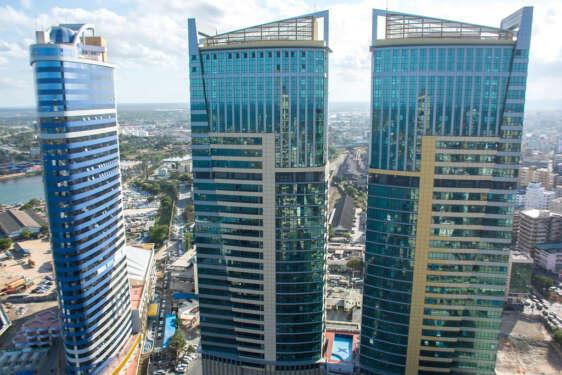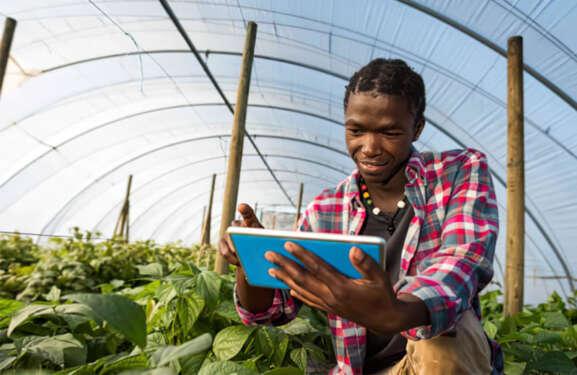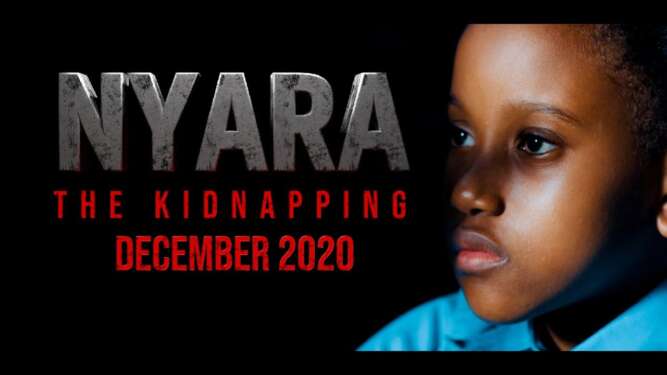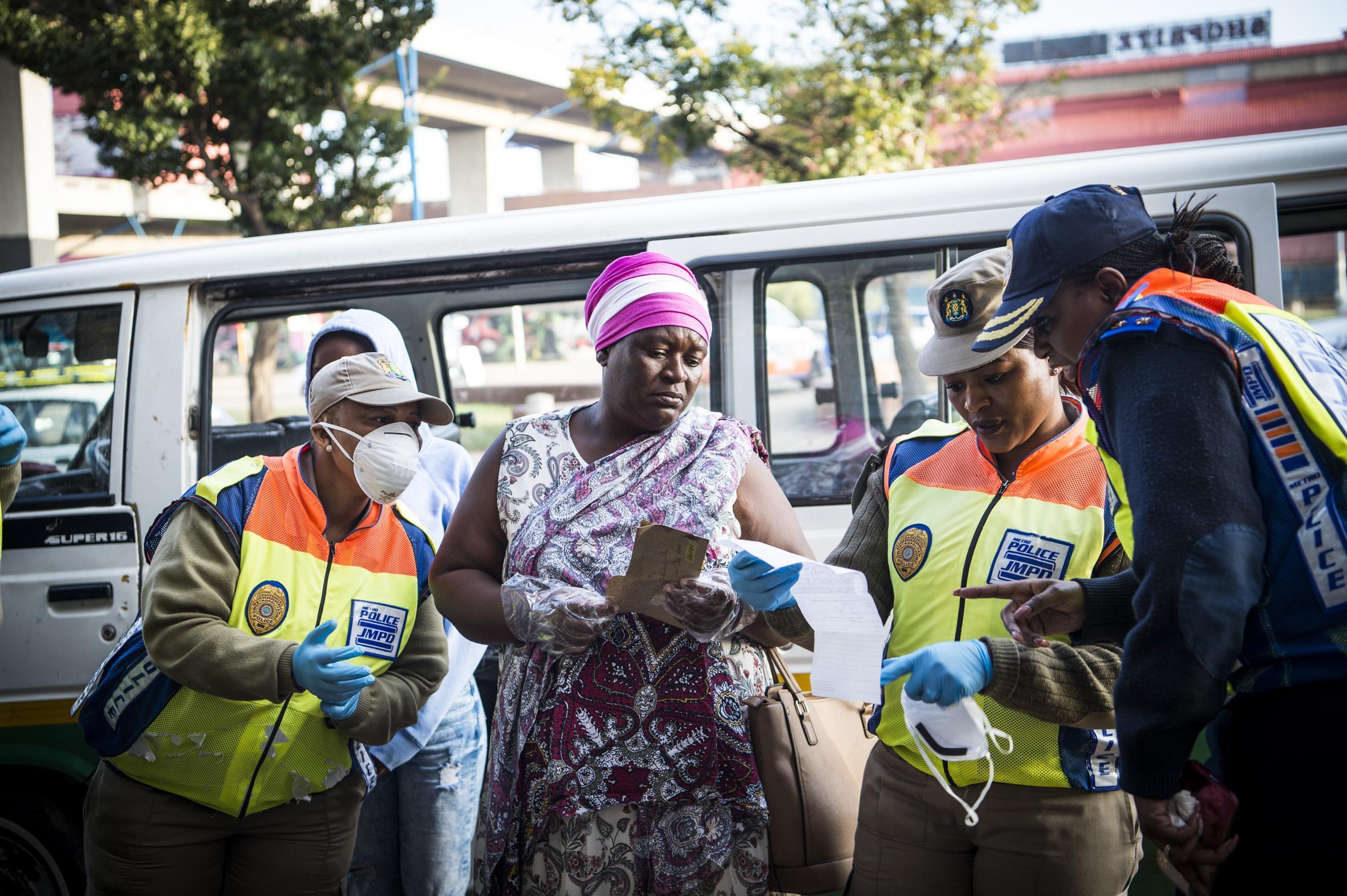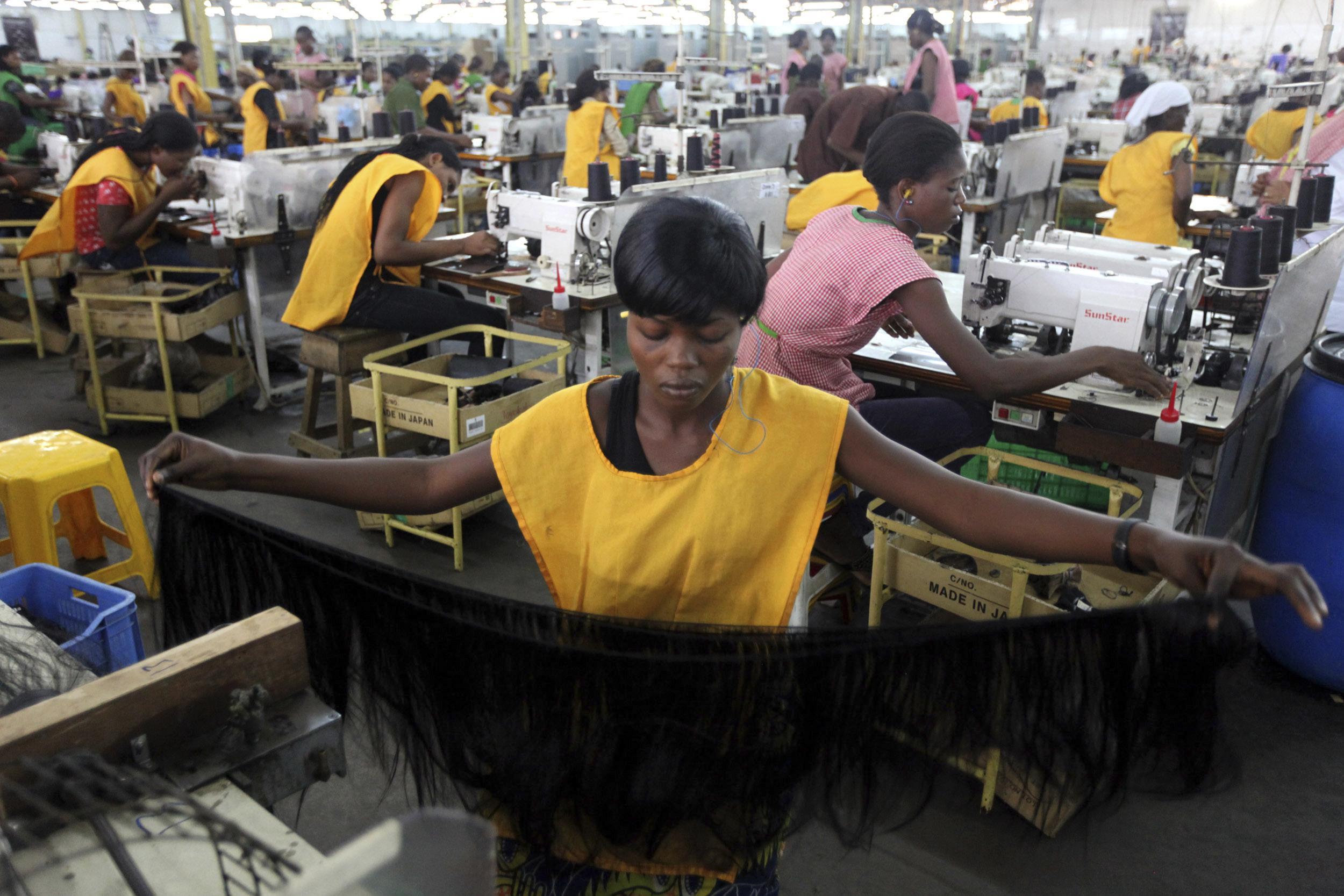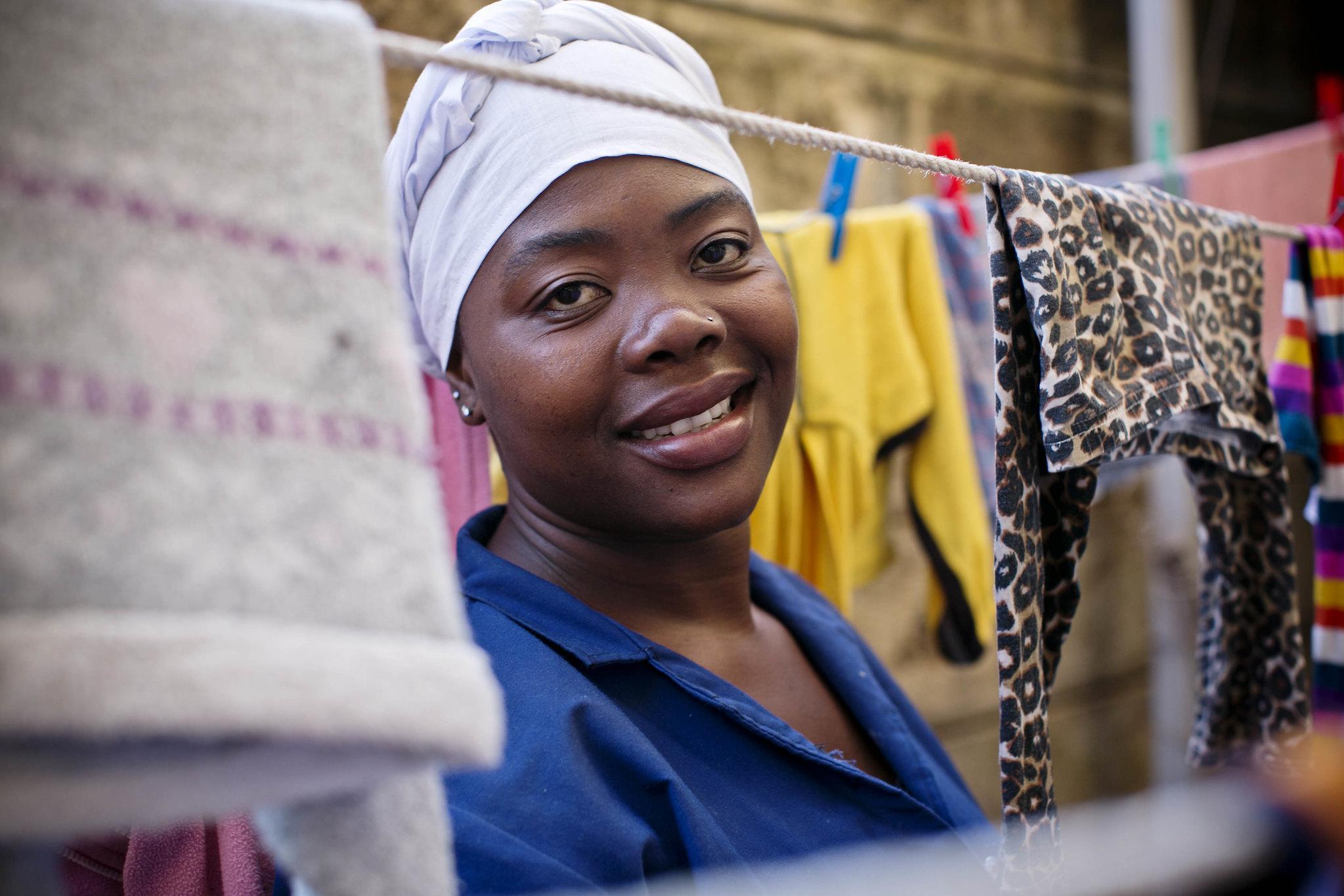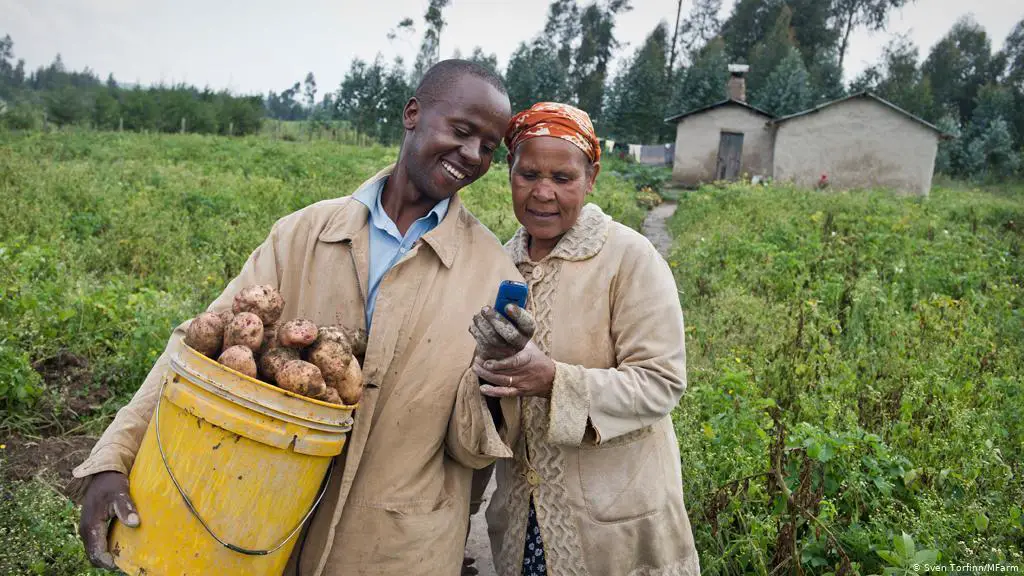- Abu Dhabi radiates optimism as over 300 startups join AIM Congress 2024
- TLcom Capital Raises $154 million in Funding to Boost Its African Growth
- Africa’s $824Bn debt, resource-backed opaque loans slowing growth — AfDB
- LB Investment brings $1.2 trillion portfolio display to AIM Congress spotlight
- AmCham Summit kicks off, setting course for robust future of US-East Africa trade ties
- Why the UN is raising the red flag on the UK-Rwanda asylum treaty
- Portugal’s Galp Energia projects 10 billion barrels in Namibia’s new oil find
- Wärtsilä Energy offers tips on how Africa can navigate energy transition and grid reliability
Author: Padili Mikomangwa
Padili Mikomangwa is an environmentalist based in Tanzania. . He is passionate about helping communities be aware of critical issues cutting across, environmental economics and natural resources management. He holds a bachelors degree in Geography and Environmental Studies from University of Dar es Salaam, Tanzania.
The year 2020 had a lot of events across the development aisle, and Tanzania’s economic upgrade from low to lower-middle-income status by the World Bank (WB), is worth noting as one of the success stories.
There have been a number of forecasts on the economy of Africa and Tanzania at large, with a variety of predictions which point at different directions.
On June 11 2020, the Tanzanian government confidently, via the Ministry of Finance and Planning stated that the nation’s economy is expected to grow at a rate of 5.4 per cent in 2020 compared to earlier estimates of 6.9 per cent.…
It is not every day that young men and young women with burning and out-of-the-ordinary business ideas get to meet an angel investor in an elevator or meet a venture capitalist by fluke.
A local TV show based in Tanzania made that scenario a reality, by bending the ropes of bureaucracy and lengthy proposal-writing to make big dreamers, change-makers and transformative business owners maximize their reach.…
It is with great joy and pride to say Africa is mounting the digitalization hill and none of the 54 countries seems to tire of the climb. From the emergence of mobile money in East Africa to the use of drone technology in monitoring farmland activities in Ghana, all seem as ground-breaking as the other digital operations executed in Africa.
Through the years East Africa has seen a surge in fintech exceeding expectations; services such as M-Pawa in Tanzania, M-Shwari and M-Pesa in Kenya (offered by Vodacom Tanzania and Safaricom Kenya respectively) has not only digitalized financing en masse for the unbanked but enabled digitalization in East Africa to soar to new heights.…
Tanzanians love African Movies, they adore Tanzanians films, so as everyone else whether it is shown on cable or Netflix and more importantly Tanzania film industry has been taking rather unique stages of growth.
Tanzania has seen a steady increase in the production, dissemination and recognition of its very own performers across the world stage.
Filmmakers with a peculiar taste such as Vincet Kigosi, Amil Shivji, and Nicholas Marwa have been demonstrating their untamed potential to the world with their stellar movies captivating thousands.
However, the industry is yet to scratch the surface, and more importantly, the industry has elevated at the right time when international industry stakeholders such as NetFlix are hungry for raw, creative and extraordinary content, and Tanzania is rich in all of those.
On Tuesday 29th December, another milestone has been made in the Tanzania film industry, Nyara a locally financed (more than $86240) film was …
At this very moment, as you are reading this someone in Africa is accessing the internet, drones are supplying medical kits in East Africa, food is being delivered by a digital request in Dar es Salaam and many more simple things digital technologies can aid community with move along the chains of life.
This is a crucial milestone in Africa over the past decade. Just in East Africa digital financial services are ascending in the periphery areas and being adopted rather well.
In Tanzania, postal services could go obsolete as the digital divide keeps closing in, with internet penetration ramping up 46 per cent in 2019 from 43 in 2018 and telecom subscriptions according to the Tanzania Communications Regulatory Authority piling up to nearly 50 million people.
These few case studies do not only paint what is going on in Africa but showcase …
Africa is no stranger to athletic performances on the world stage. To say the least, Africa is the hub of sports prodigies across the world, and yet there is much to explore economically that Africa needs to do, for the sake of the coming generations.
Amid a slew of different sports categories, the region has taken a keen interest in a couple of the sports segments.
The region of more than 1.2 people, with almost 60 per cent of its population being under the age of 25, according to United Nations projections, will eventually turn out to be the world’s youngest continent. This means there are more talents, more fans and possibly more ticket, merchandise and consumables sales.
Football, athletics, basketball, rugby, cycling, rallying and cricket are mostly performed across the continent.
Football is performed nearly all over the continent and the entire world reaps fresh and unique talents …
It is with no doubt that the coronavirus pandemic (COVID-19) has caused serious troubles for economies around the world, namely in the developed world. However, addressing the matter in much of the developing world is quite different, as many governments have seen national economic outputs derailed by a few years. The situation is much worse, as its knocked off many African countries from their respective economic trajectories.
The health pandemic brought it’s friends along, as we’ve now witnessed an economic pandemic of sorts. Food crisis, housing crisis and political crisis have been all party to Covid-19, a theme that was explicit in the 2020 Bill and Melinda Gates Goal Keepers report published just last month (September 2020).
The report raised interesting issues to examine attentively. It argued that in just 25 weeks almost 25 years of progress was regressed, particularly on the Sustainable Development Goals and in particular …
Human Capital Horizon matters?
The human population comprises of valuable elements necessary for the development of the modern world. As the world keeps to shake off the remnants of the coronavirus, there are some crucial ideas emerging and compelling vital changes in the way humans work. As stability is being restored, it is important also to rethink how to sustain the human capital value over space and time. The future of work is dependent on how human capital is dispersed globally and how it reacts to what we would call the development of the modern world.
The current global crisis reveals holes in various sections of the workforce, including financial security and health coverage. With respect to Africa, the figures are heightened, and the “holes” as one would look at, in particular the formal employment sector, the numbers are astronomical.
Africa alone has more than 24 million …
Having an honest job is one of the most respectable activities a person can be consumed with. As long as one is able to pay bills, sustain their livelihoods, while living a dignified life, and of course pay taxes, should the latter be of grave concern, being employed has a positive social stigma associated to it.
Regardless, the privilege of having a job, especially today is one that many take for granted. Youth, in particular, those entering the workforce have an even tougher road to trek, when finding employment. The matter is worse in the developing world, where jobs are increasingly becoming scarce, even though politicians consistently campaign about job creation as a means to win voters.
Over the course of the past decade, labor productivity has become a major issue affecting all corners of the globe, but in Africa, the situation stands in peril.
The International …
It is unfair to mention African development pillars without mentioning the agriculture sector which employs nearly half of the population of sub-Saharan Africa (SSA).
The sector has enormous benefits to the continent, where farmer-centred organizations such as AGRA (Alliance for a Green Revolution in Africa) argue that nearly one-half of the young population is involved in the continent’s 60 million farms.
It is with no doubt that African farms stand to be the next profitable food market suppliers of the world.
“Out of total urban food sales of roughly US$200 to US$250 billion per year, over 80 per centcomes from domestic African suppliers,” according to AGRA.
Nearly 23 per cent of SSA’s GDP comes from agriculture (McKinsey, 2019); the sector is responsible for providing decent income, growth and poverty reduction for SSA.
The region’s food market was valued at $300 billion in 2017 and it could be …





